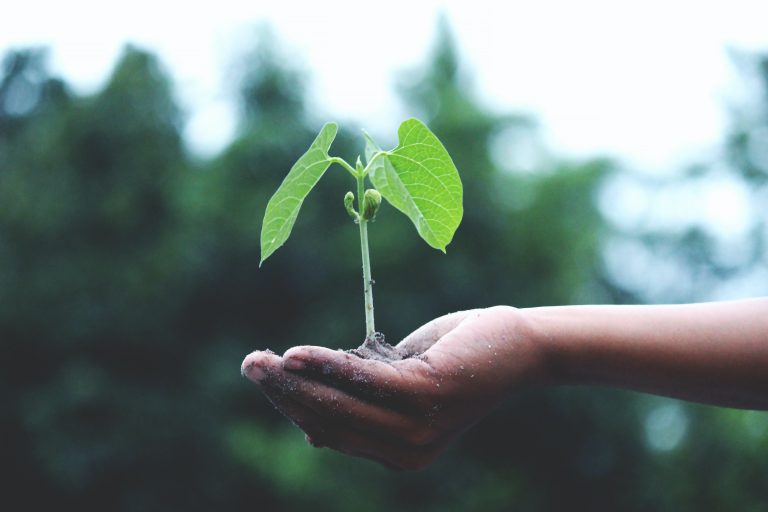There are a lot of reasons why seeds don’t germinate. Knowing what can go wrong is the first step in solving the problem. If you’re struggling to start seeds this spring, here are a few things to look out for. Why Aren’t Seeds Germinating? Here are a few common reasons why seeds don’t germinate….
